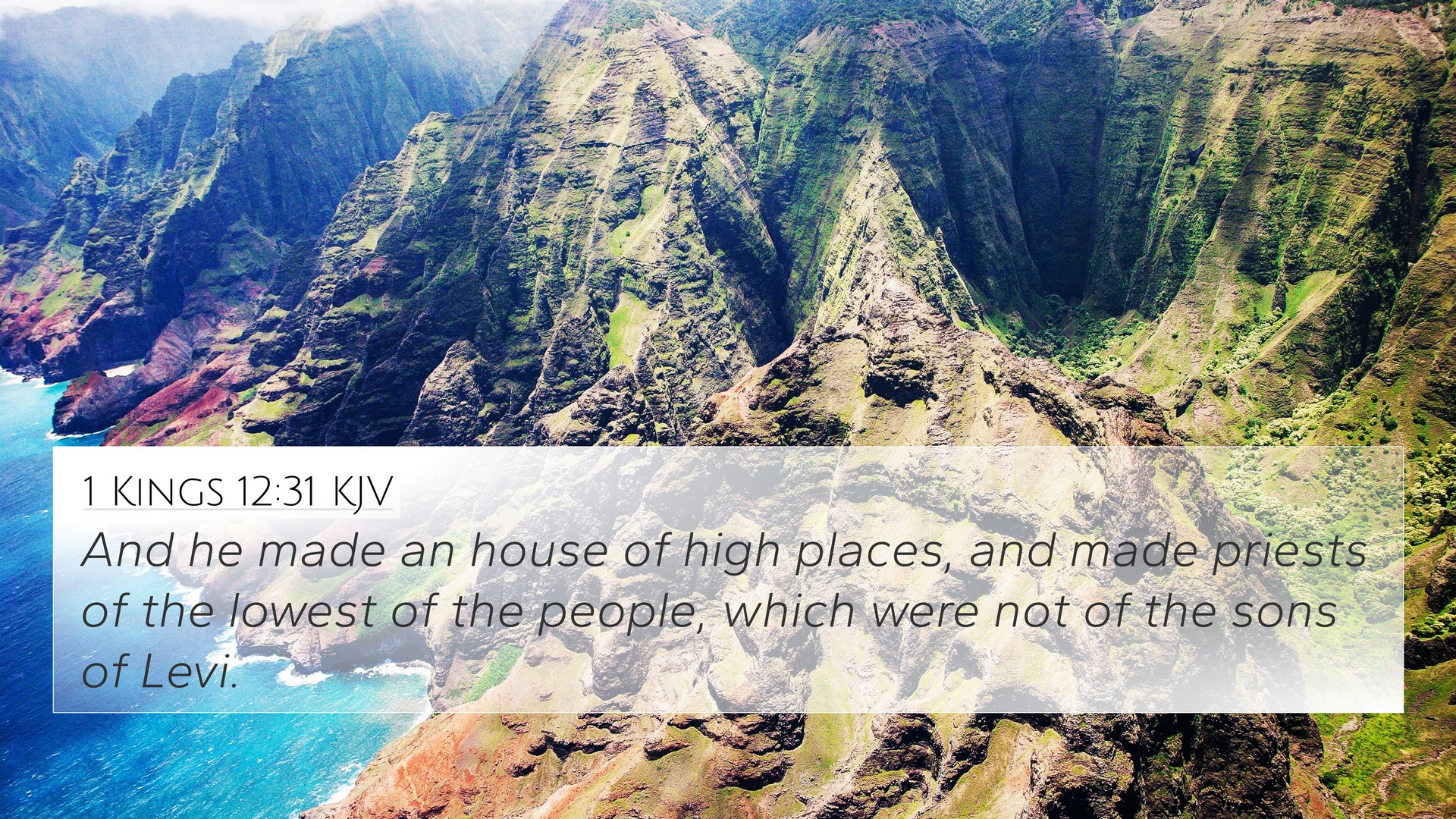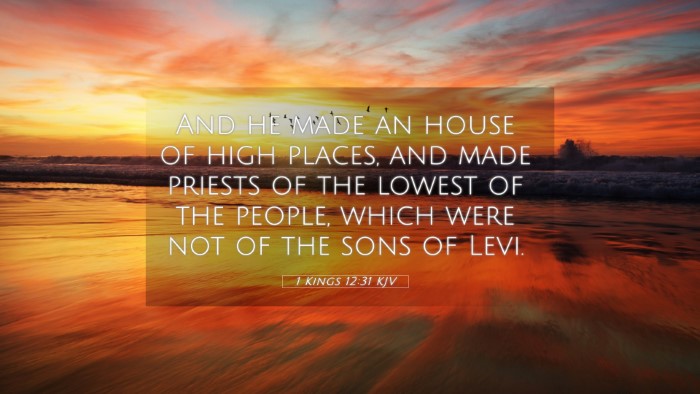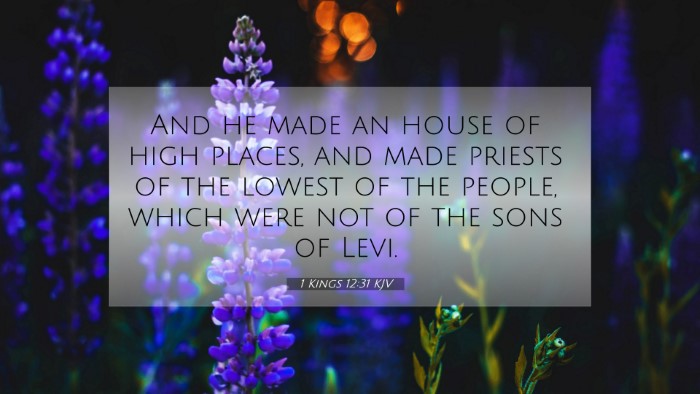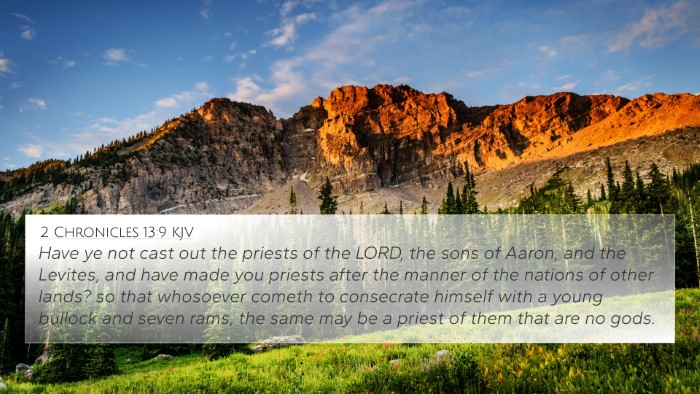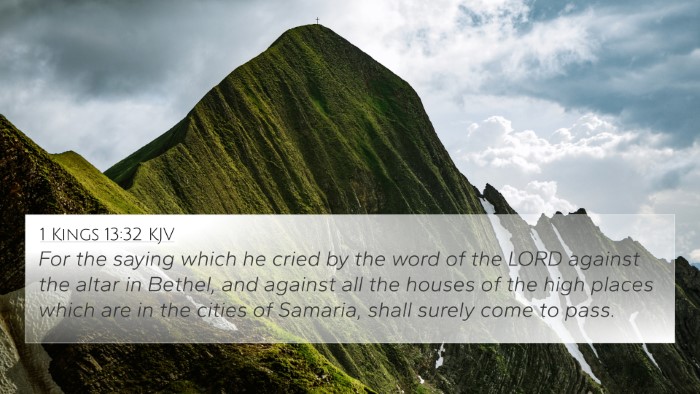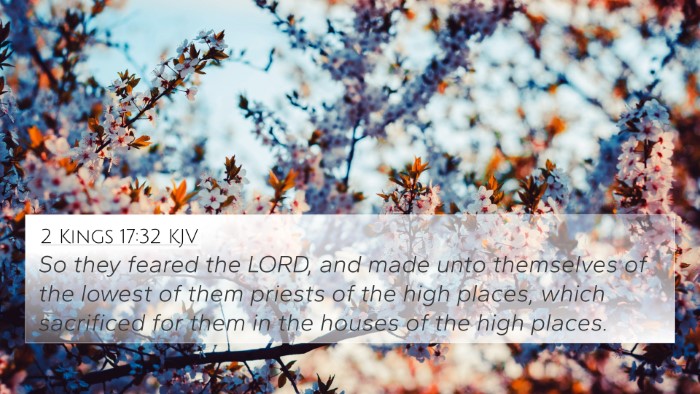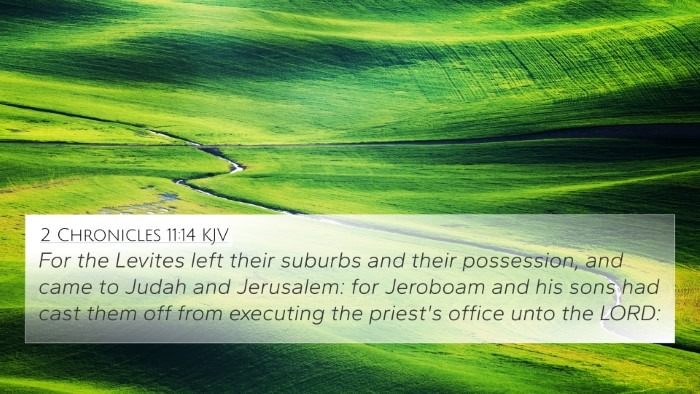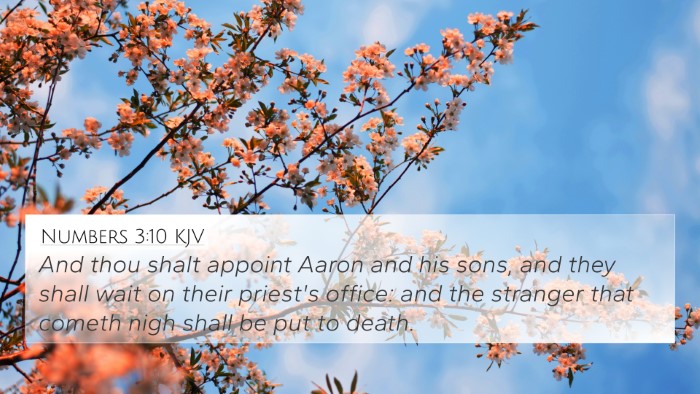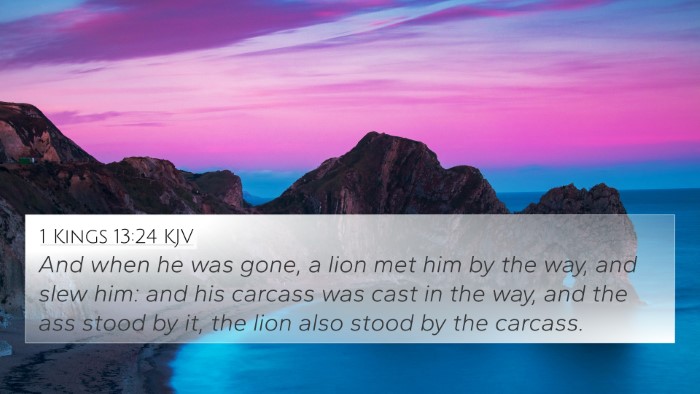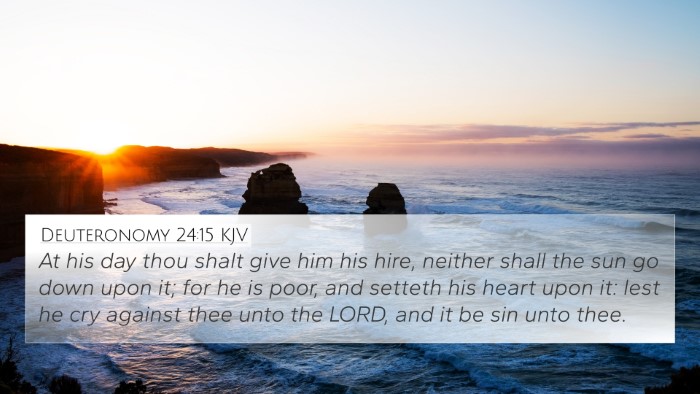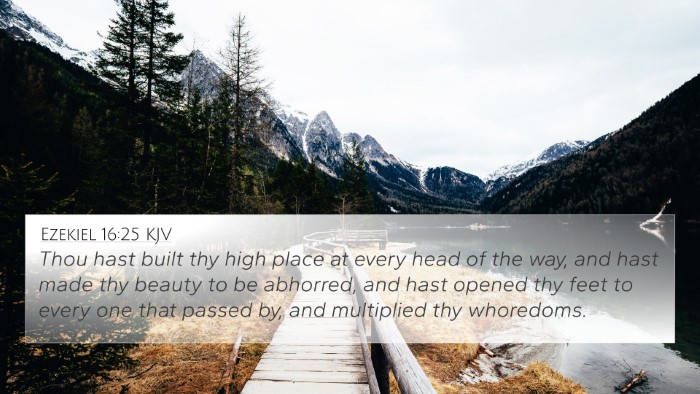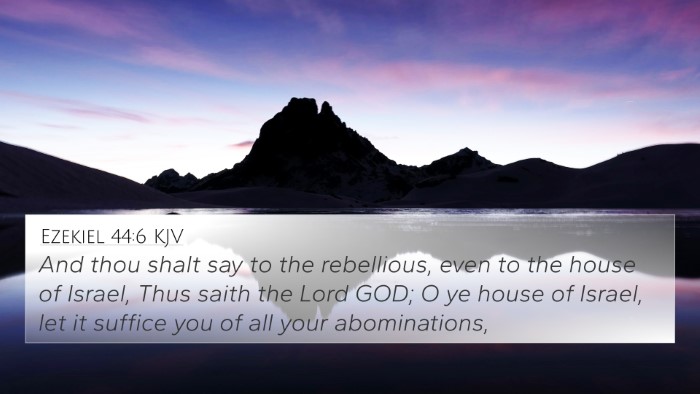1 Kings 12:31 - Summary of Meaning
1 Kings 12:31 mentions Jeroboam's actions in establishing a new religious identity for the northern kingdom of Israel after the division from Judah. He made two golden calves and set them up in Bethel and Dan, leading the Israelites into idolatry and away from the worship of Yahweh, as commanded in the Mosaic Law.
Contextual Overview
In the aftermath of Solomon's reign, the kingdom of Israel faced political and social upheaval. Jeroboam, chosen by God to lead the ten northern tribes, was driven by fear of losing allegiance to Rehoboam, the son of Solomon. The establishment of the golden calves represented a pivotal moment in Israel's history and a significant deviation from true worship.
Theological Implications
- Idolatry and Spiritual Decline: The setting up of golden calves was a direct violation of God's commandments against idolatry, highlighting the spiritual decline of Israel.
- Leadership Choices: Jeroboam's decisions reflect the consequences of leadership choices in guiding a nation toward righteousness or moral decay.
- Divine Foreknowledge: This act illustrates the tension between God's sovereignty and human free will, as Jeroboam acts contrary to God's expressed desires.
Insights from Commentaries
-
Matthew Henry:
Henry emphasizes that Jeroboam’s fear of losing his power drives him to devise a false religion, showing how political motives can corrupt spiritual authenticity.
-
Albert Barnes:
Barnes notes that the golden calves were a blatant attempt to replace the worship of Yahweh with a more convenient, albeit false, system, leading the nation into spiritual ruin.
-
Adam Clarke:
Clarke highlights the importance of context, suggesting that Jeroboam’s choice to create a new form of worship stemmed from political pragmatism rather than genuine piety.
Cross-References
- Exodus 20:4-5 - God's command against idols.
- 1 Kings 12:26-29 - Jeroboam's motivations and actions elaborated.
- 2 Kings 17:16 - The ongoing idolatry in Israel.
- Hosea 8:5-6 - Critique of Israel's idolatry.
- Exodus 32:4 - The incident with the golden calf during Moses' absence.
- 1 Corinthians 10:7 - New Testament reference to the pitfalls of idolatry.
- 2 Chronicles 11:14-15 - Rehoboam's consolidation of worship in Judah.
Application and Reflection
This pericope serves as a cautionary tale about the impacts of leadership on community beliefs and practices. It invites readers to reflect on the importance of remaining true to God in the face of societal pressures to conform to popular or politically expedient norms.
Connections to Broader Scripture
Identifying connections between Bible verses can deepen one's understanding of themes such as idolatry, leadership, and faithfulness to God. For example, studying Psalm 106:19-21 parallels Israel's historical turning away from God, while Romans 1:22-23 discusses the consequences of exchanging the truth of God for false idols.
Keywords Summary
This exploration into 1 Kings 12:31 emphasizes:
Bible verse cross-references, Connections between Bible verses, Linking Bible scriptures, Bible verses that relate to each other, Cautions against idolatry, Bible cross-reference guide, among other related terms.
Conclusion
1 Kings 12:31 fundamentally challenges the believer to consider the implications of their spiritual practices and the leadership that guides them. As seen throughout scripture, maintaining fidelity to God's laws is crucial for both individual and communal well-being.
